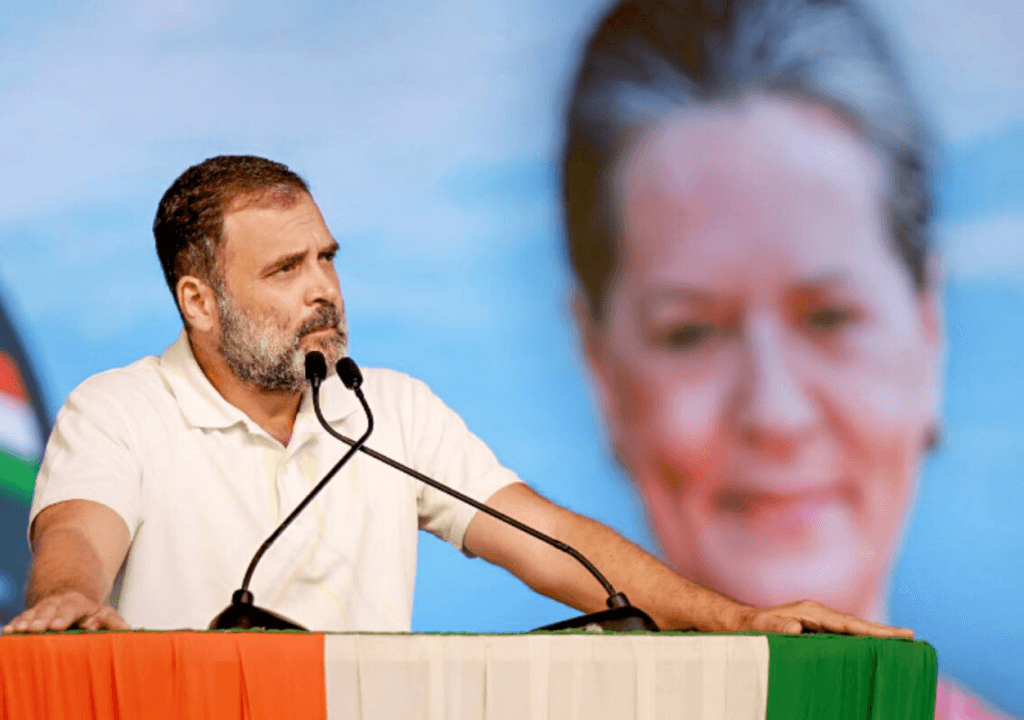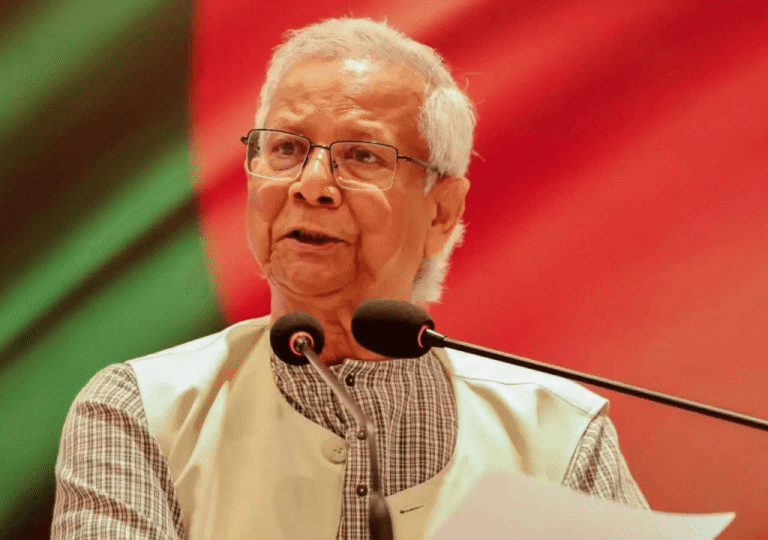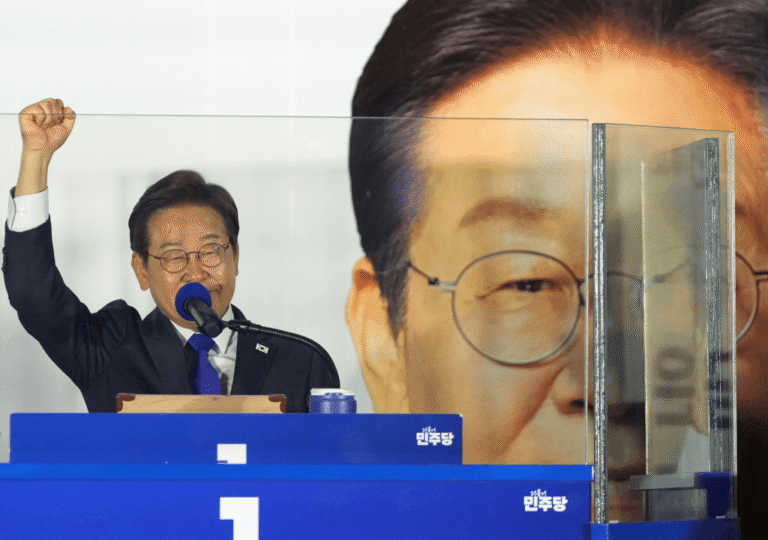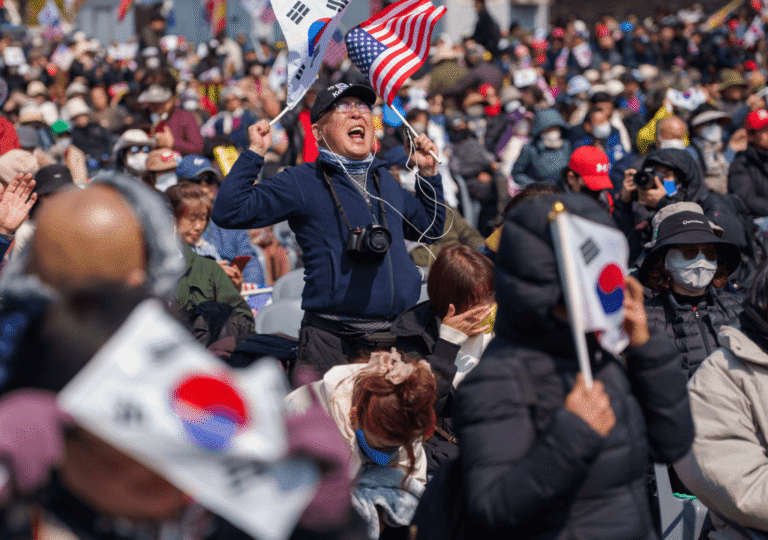Castes, the subdivisions in Hindu society, have always been a political tool in India. People have voted for leaders from their caste, and caste-based politics, or caste politics, became prominent in Indian politics. More than development and basic infrastructure, people love leaders and parties that speak for their caste. In a country where marriages are arranged based on caste, caste-based voting is quite understandable. However, in recent years, under Modi’s regime, caste politics is facing tough challenges. Modi’s religious politics successfully blanketed caste politics; he brought all Hindu castes under an umbrella and called for Hindu unity, causing a significant setback for Indian opposition parties, which lost their conventional voting patterns. In response, opposition parties are protesting against religious politics and now calling for the return of caste politics. Rahul Gandhi, the prominent leader of the opposition party, repeated calls for a caste census, considered a significant move to bring back caste politics in India.
Since independence, castes have been a factor in Indian elections, although their impact was not visible in initial elections due to sentiments lingering from the Indian independence movement and the animosity directed against Muslims from the Partition. However, there have been voices raised against the neglect of backward castes. Higher castes, such as Brahmins, have traditionally held positions in higher levels of administration, while backward castes, which are more numerous, have historically been sidelined and severely disadvantaged due to educational and economic backwardness. Dr. Ambedkar, a renowned Dalit leader in India, voiced concern about this situation and advocated for the reservation system to benefit the most backward classes, commonly known as scheduled castes and scheduled tribes. However, the system has failed to sufficiently meet the needs of the of backward castes. Consequently, politics based on caste empowerment slowly commenced in the Indian political sphere. Several leaders have emerged as caste advocates, and several parties have been formed to represent different castes.
The Indian National Congress, now voicing for caste politics, was initially against it and used religious politics to suppress the rise of caste politics. However, caste-based mobilization and communities have become common. The Mandal Commission report, which emerged after extensive protests, shook the Indian political sphere. Movements like government job reservations, where government jobs are highly prestigious, shook the nation and led to the rise of caste-based political parties such as the Bahujan Samaj Party, Samajwadi Party, Rashtriya Janata Dal, and Lok Dal. The Bahujan Samaj Party, aimed at empowering backward castes, became a national-level party, marking the peak of caste politics while religious politics suffered.
However, corruption, greedy leaders, and dynasty politics resulted in the diminishing influence of caste-based political parties in later years. When Prime Minister Narendra Modi came to power in 2014, caste politics was undergoing a reduction in significance. The Bharatiya Janata Party, advocating Hindu nationalism and often expressing animosity towards Muslims, successfully united all castes and formed a massive Hindu vote bank. They appointed a Scheduled Caste and a Scheduled Tribe person to the country’s most respected position, the Indian presidency. Through this action, Ram Nath Kovind, a Scheduled Caste individual, and Draupati Murmu, the incumbent president from a Scheduled Tribe, assumed the presidential role, while Narendra Modi himself is from a backward community. They effectively reshaped the political landscape into Hindu nationalists versus Anti-Hindus. Opposition parties, including the Indian National Congress, are accused by the BJP of being sentimentally inclined towards Muslims.
As Narendra Modi is seeking a third term, the opposition has begun addressing the strategy adopted by the BJP and is ready to undermine Hindu unity or religious politics and bring back caste politics. The Indian National Congress, once damaged by caste politics, is now the front-runner advocate for caste politics because they know it’s the only way to counter Narendra Modi’s dominance. They have started working on this strategy. Rahul Gandhi, the most influential leader in Indian politics after Narendra Modi, frequently advocates for a caste census. The caste census is a tool to determine the number of people in various castes and their economic and social status. Many expect that conducting a caste census will evoke a situation similar to that after the implementation of the Mandal Commission report, where people will vote according to their caste sentiment rather than religious interests, potentially splitting the Hindu vote bank created by the BJP. This could revive caste-based political parties that are now in alliance with the Indian National Congress. Therefore, the Opposition alliance and the Indian National Congress are actively promoting the caste census, repeatedly mentioning it in different rallies and including it in their election manifesto.
Caste politics was once believed to improve the living conditions of backward castes and untouchables -But it doesn’t. Leaders of caste politics parties and their relatives became wealthier and more influential, but this did not benefit the common people, who still suffer from poverty and social backwardness. Caste politics has drawn criticism for worsening the state of people, with all caste-based political parties being highly corrupted and facing serious accusations, with some even in jail. Rahul Gandhi aims to introduce a caste census only for political purposes. But if the opposition wins, by campaigning for caste census, it may mark the return of caste politics in India.








